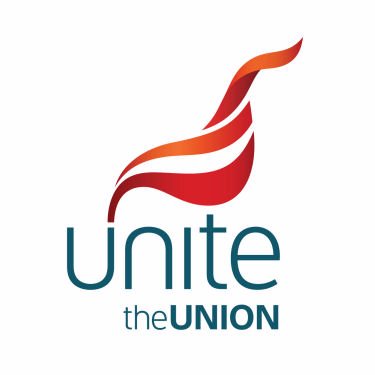“Cost of Greed” protest at Future of Utilities summit

“Cost of Greed” protest at Future of Utilities summit
Demands for energy nationalisation are growing
Research from debt charities expose the impact profiteering has on households.
Taking energy into public ownership would end the scandal of energy company profiteering (see notes).
That’s the loud message activists will deliver to a major gathering of leading figures from the profiteering energy industry at the Future of Utilities summit in London.
Campaigners will hold a giant banner with “Cost of Greed” emblazoned across it.
According to Unite research Energy companies made £45 billion in profit from the UK domestic energy system in 2022. If that money had been kept in public hands, it could have been used to save each household £1,800 on their energy bills.
Analysis from charity Debt Justice shows the impact of the cost of greed crisis. £2.3bn of energy debt and arrears are weighing down households, £1.1 billion of which is held by households with pre-payment meters, leaving them at increased risk of disconnection.
Unite general secretary, Sharon Graham said: “There is growing anger about profiteering by Big Energy. The UK’s energy network is not fit for purpose. Taking energy into public ownership would end the scandal of energy company profiteering and burgeoning household debt. These corporate executives need to know demands for nationalisation are growing.
Attending the Summit will include representatives from Centrica/British Gas, National Grid, Scottish Power, Shell and UK Power Networks. Not only has energy company profiteering led to a debt crisis but household energy bills have been one of the biggest contributors to high inflation. Taking public control of the UK’s energy network could reduce bills, reduce inflation, and pay for itself in a few years says.
Heidi Chow, Executive Director of Debt Justice said: “Privatised energy has failed us spectacularly, pushing millions of households into record energy debt. We need to pause energy debt enforcement during the cost of living crisis, write down unpayable debt and reform the energy system so that everyone has access to affordable energy.”




